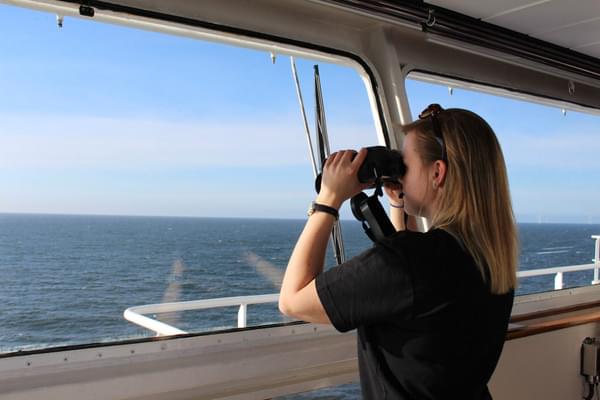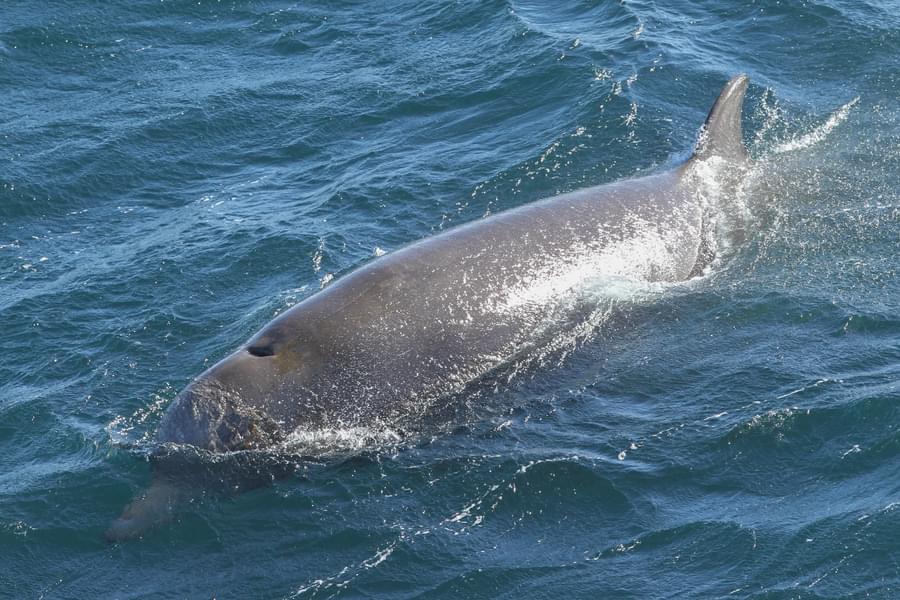There was a lot of interest and concern about our blog post last week on multiple instances of beaked whales stranding in the Northeast Atlantic in a short space of time. Thank you to partners, colleagues and friends for updating us with some new reports.
Four Northern bottlenose whales in a fjord in Iceland, seemingly well but approaching boats out of curiosity which is highly unusual (thank you Judith Scott).
Two more Sowerby’s beaked whales, a juvenile male and female live stranded in Waterford, Ireland on August 7 and subsequently died (thank you Irish Whale and Dolphin Group).
A further Northern bottlenose whale washed up in Orkney, bringing the total to four animals (thank you Emma Neave-Webb).
Ida Korp Eriksson let us know that on Friday, two stranded Sowerby’s beaked whales were found at Åsa in Halland. The Sweden Herald reported that the coast guard helped the whales out into deeper water, but on Sunday, one of the whales was found dead in Frillesås near Kungsbacka. The other was also found dead, on Läsö in Denmark.
A team of marine biologists and veterinarians from the Natural History Museum and the National Veterinary Institute have examined the whale from Frillesås.
"Our initial examination shows that the beaked whale was in good condition, with a good body and no pathological changes. The injuries that can be seen are superficial and come from injuries in connection with the stranding, or after death," says Moa Naalisvaara Engman, marine biologist at SVA, in a press release.
Finally, and while it’s a different species, the BBC reported a pod of 23 pilot whales were found stranded and dead on a remote beach in Sanday, Orkney at the weekend.
Main image: Northern bottlenose whale (credit Paul Soulby)

The only way we can create safe spaces for whales and dolphins is by monitoring them and that's where our amazing army of citizen scientists come in. If you want to help us to collect data that can be used to hold governments to account join one of our training courses learn.orca.org.uk

